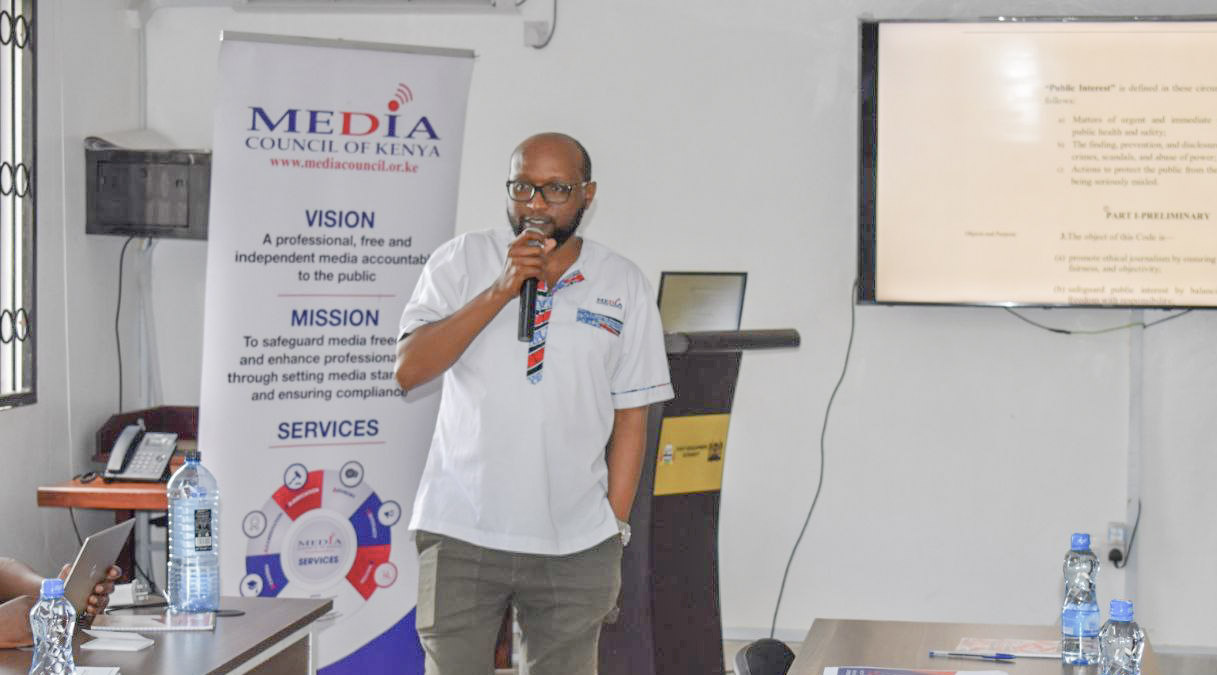
The Media Council of Kenya (MCK) has launched a public consultation in Kilifi County to gather feedback on its revised Code of Conduct for the Practice of Journalism in Kenya. This initiative seeks to modernise regulations to address the challenges of a rapidly evolving media landscape.
MCK Mombasa Regional Coordinator Maureen Mudi highlighted that the current code, drafted over a decade ago, is outdated in today’s digital era.
“The existing framework was created in a different time and lacks provisions for modern dynamics, such as social media, blogging, and digital platforms,” Ms Mudi said during the forum. “This review is essential to align Kenya’s journalism practices with global standards and address ethical gaps in digital content.”
The consultation follows a 2023 High Court directive requiring the MCK to align its Code with the Communications Authority of Kenya’s Programming Code.
Ms Mudi reaffirmed the Council’s constitutional role as the sole regulator of media practices, stating, “This alignment ensures clarity and consistency in regulating Kenya’s media sector.”
MCK Manager for Press Freedom and Advocacy Leo Mutisya emphasised the legal basis for public participation, citing Articles 10 (national values) and 118 (public involvement in law-making) of the Kenyan Constitution.
“Democracy demands that regulations affecting citizens reflect their input,” Mr Mutisya said. “The revised code will apply to all news disseminators, from mainstream outlets to digital bloggers, making inclusivity in this process essential.”
He noted that the draft Code already incorporates feedback from key stakeholders, including media unions such as the Kenya Union of Journalists (KUJ) and the Association of Media Women in Kenya (AMWIK), as well as government ministries and legal experts.
“This collaborative approach ensures the document balances professional standards with practical realities,” Mr Mutisya added.
“Transparency and accountability are at the heart of this process. We are committed to ensuring the final document reflects the collective will of Kenyans while safeguarding media freedom and integrity,” Mr Mutisya concluded.
The Kilifi forum is one of four nationwide public participation phases this week, enabling journalists, bloggers, civil society groups and the public to review the draft and provide input. Once finalised, the Code will be submitted to Parliament for adoption, potentially reshaping ethical journalism across traditional and digital platforms.